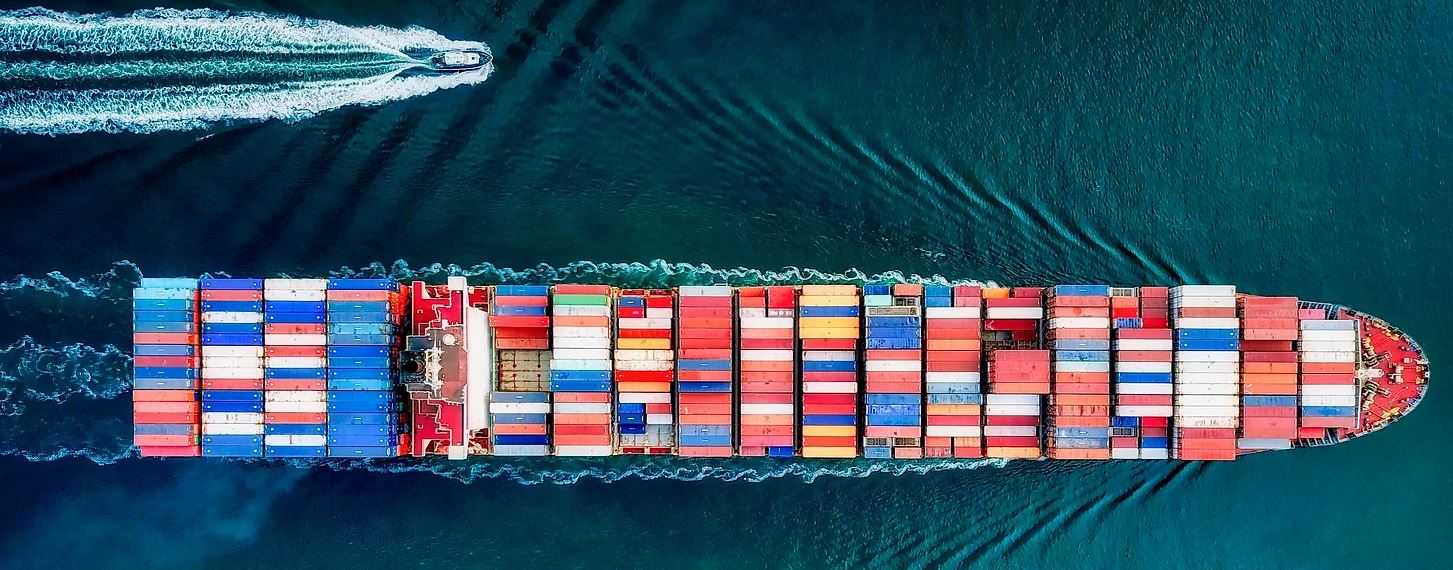
A growing case for scrubbers since IMO2020
A recent analysis conducted by Sea-Intelligence, a Danish liner consultancy, highlights a substantial cost-saving impact of scrubbers in the container shipping industry. According to their report, the adoption of scrubbers has led to savings of approximately $12bn in the sector. This figure underscores the significant economic advantage that these devices offer to shipping companies.
The cost-saving analysis was based on the daily global fuel consumption in the container sector. It assumed that if a certain percentage of the shipping capacity is equipped with scrubbers, then an equivalent percentage of fuel consumption would shift from the more expensive Very Low Sulphur Fuel Oil (VLSFO) to the less costly Intermediate Fuel Oil (IFO380). This transition to a cheaper fuel alternative is the primary driver behind the considerable savings.
The study’s timeframe commenced on 01 January 2020, aligning with the implementation of the global sulphur cap. This regulation reduced the permissible sulphur content in ship fuel from 3.5% to 0.5% for the majority of the global fleet not equipped with scrubbers. Recent trends, as of 2023, indicate an increase in the number of vessels fitted with scrubbers. Data from Clarksons Research reveals that over 5,400 ships, accounting for nearly 5% of the global merchant fleet, have scrubbers.
Furthermore, the environmental impact of the global sulphur cap, as observed by NASA in a study conducted in October, has been positive. The American space agency noted a marked decrease in ship track clouds in 2020, the first year after the implementation of the new fuel regulations. This suggests an improvement in atmospheric conditions due to lower sulphur emissions from both scrubber fitted vessels and those burning more expensive low sulphur fuel- a resounding success for the IMO policy. As the IMO 2025 Med ECA fast approaches, and with 95% of ships yet to convert, the industry could realise considerable savings if it adopts these technology solutions.
It should be noted that the use of scrubbers in maritime vessels and their effect on ocean water has been a contentious topic of discussion, with multiple national agencies emphasising the need for tighter regulations on discharges to protect marine environments. When these discharges are concentrated, such as in ports or inland waterways, some studies show a negative impact on marine life. Clean Marine adheres to all IMO wastewater discharge regulations and continues to invest in research to improve their products to reduce such discharge contaminates. These improvements will always be plug and play compatible to Clean Marine’s products.

